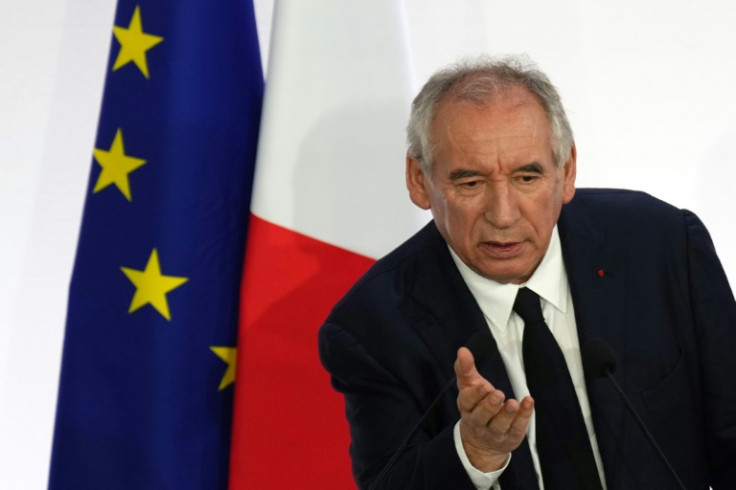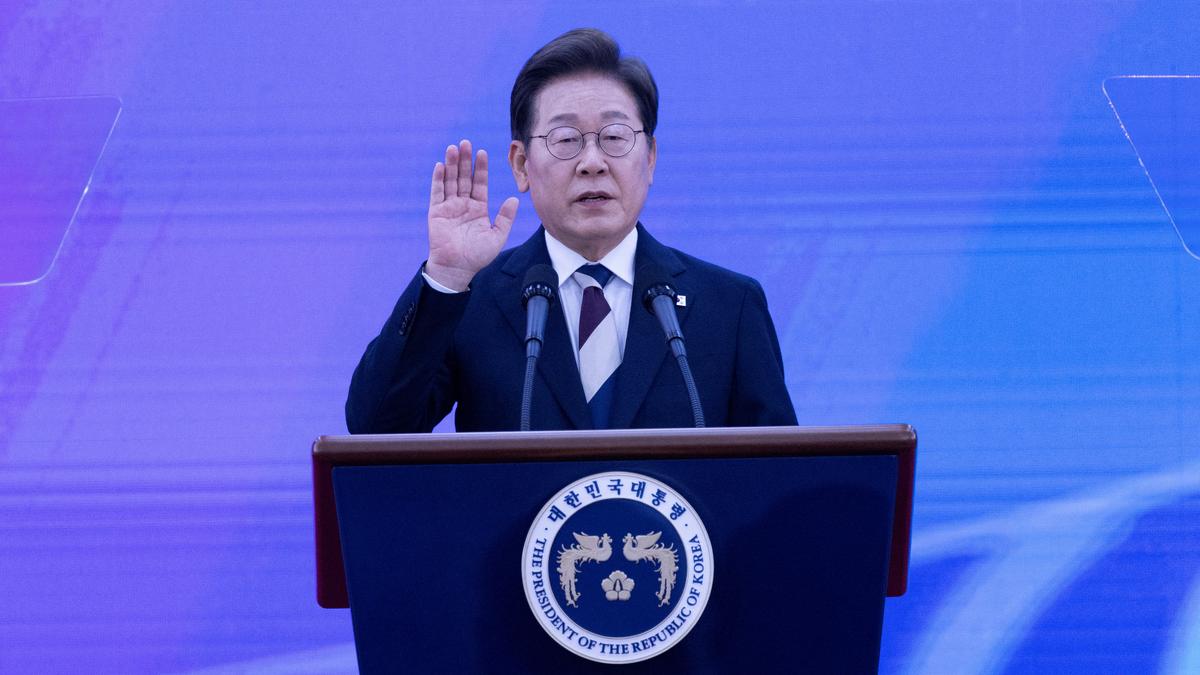France is heading into a politically charged September as Prime Minister François Bayrou faces the toughest test of his leadership yet—a high-stakes confidence vote scheduled for September 8 that could bring down his government.
Bayrou, known for his centrist stance and close alliance with President Emmanuel Macron, has taken a bold step by seeking parliamentary support for his controversial plan to cut the national deficit. But his gamble might cost him his seat. On Wednesday, three major opposition parties—the far-right Rassemblement National (RN), the Greens, and the Socialist Party—publicly declared they won’t support Bayrou in the confidence vote, pushing the government closer to collapse.
“Yes, it’s risky,” Bayrou admitted during a press conference. “But it’s even riskier to do nothing.” His words reflect the urgency he feels as France’s national deficit—standing at 5.8% of GDP—continues to breach EU limits. His €44 billion austerity proposal includes scrapping two national holidays and freezing welfare spending in 2026 at 2025 levels, ignoring inflation.
But that austerity plan isn’t sitting well with the opposition—or the public.
Jordan Bardella, RN’s party leader, didn’t mince words. “The RN will never vote in favor of a government whose decisions are making the French people suffer,” he posted on X. Marine Le Pen echoed his stance. The Greens and the hard-left France Unbowed party followed suit, declaring the vote as the “end of government.”
Now, all eyes are on the Socialist lawmakers. Their votes could tip the balance and decide whether Bayrou stays or goes. Socialist leader Olivier Faure confirmed they would not back Bayrou, further stacking the odds against the prime minister.
The uncertainty has already rattled markets—France’s bond risk premium jumped 5 basis points, reaching its highest point since mid-June, and the CAC-40 index closed down 1.6%.
Should Bayrou fall, President Macron has several paths: appointing a new prime minister, keeping Bayrou as a caretaker, or calling yet another snap election—France’s second in just over a year.
Adding to the political drama, nationwide protests are brewing. Just two days after the vote, on September 10, mass demonstrations are expected. The date is fast becoming symbolic, drawing comparisons to the 2018 Yellow Vest movement that shook France over fuel prices and economic discontent. This time, unions and leftist groups are rallying against what they view as unjust austerity measures.
With parliament divided and the public on edge, France is entering a critical moment—not just for Bayrou’s leadership, but for the direction of the entire country.




